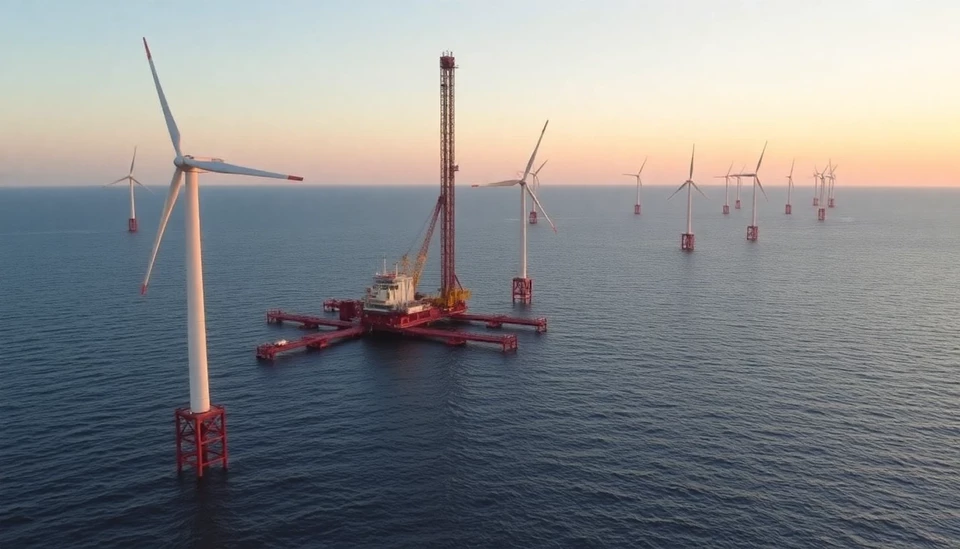
In a challenging turn of events for the energy and engineering firm Saipem, the company is grappling with a substantial increase in costs associated with its wind power project off the coast of France. The difficulties stem largely from unforeseen drilling setbacks that have complicated operations, pushing the project's financial estimates far beyond initial projections.
The wind project, a significant endeavor aimed at bolstering renewable energy production in the region, has been integral to Saipem's strategic goals as the global market shifts towards sustainable energy solutions. However, the company is now publicly addressing the escalating expenses, which are seen as a direct result of technical challenges encountered during initial drilling operations for the offshore wind turbines.
Saipem executives reported to stakeholders that the complications from the drilling phase have not only delayed timelines but have also strained the budget significantly. Such setbacks in offshore renewable projects are not uncommon but pose substantial risks, particularly in an industry where timely delivery is crucial for financial viability. The company is currently re-evaluating its project timelines and cost forecasts, looking for ways to mitigate the impact of these overruns.
The French wind project, which forms part of a government-backed initiative to enhance the country's renewable energy capacity, is under scrutiny as Saipem attempts to navigate these hurdles. Industry analysts suggest that the mounting costs could impact the project's competitiveness in an already challenging market where margins are slim.
Saipem's management has assured investors that they are closely monitoring the situation and are committed to resolving the drilling issues to bring the project back on track. The company emphasizes its expertise in managing large-scale engineering projects, citing past successes despite facing similar obstacles. Nevertheless, the unexpected nature of these delays has raised questions regarding operational readiness and execution in the rapidly evolving landscape of offshore wind energy production.
Looking ahead, Saipem's ability to address these challenges will be pivotal not only for the specific project in France but also for its broader reputation in the renewable energy sector. Stakeholders will be keenly watching how the company adapts to this situation, given the tight deadlines and the pressing need for sustainable energy solutions in Europe and beyond.
As the company works through these challenges, the renewable energy sector as a whole may take learning lessons from Saipem’s experience, particularly regarding the importance of thorough site assessments and contingency planning in the face of unpredictable operational difficulties.
In summary, while Saipem remains committed to its wind project off the French coast, the road ahead is fraught with financial complications stemming from unforeseen drilling issues. The urgency for resolving these issues is critical not only for the company's success but also for the broader goals of energy transition and sustainability in the region.
#Saipem #WindEnergy #RenewableEnergy #CostOverrun #DrillingSetback #OffshoreWind #EnergyTransition
Author: Samuel Brooks




